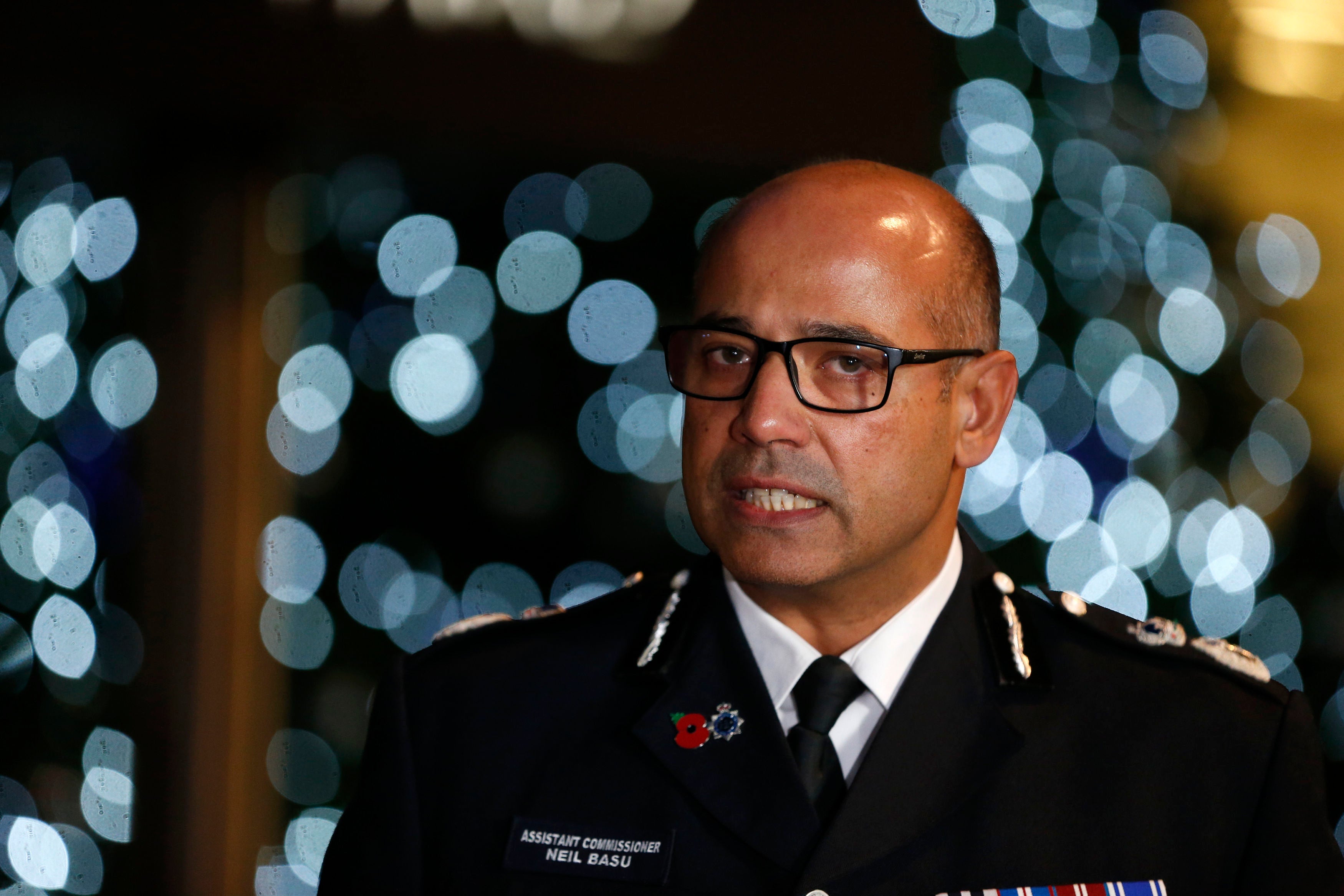
The former head of UK counter-terrorism policing said he has wondered if the Salisbury poisoning of Russian double agent Sergei Skripal and his daughter was an “act of war” on the UK.
Neil Basu led the 2018 investigation into the Salisbury poisonings in which Sergei and Yulia were poisoned with a then-unknown nerve agent.
Later identified as the Russian-made nerve agent Novichok, Mr Basu told the BBC the “true horror” was that the chemical weapon was “colourless and odourless”, making it an invisible weapon that was nearly impossible to find.
A perfume bottle containing the Novichok nerve agent was found months later in Amesbury, Wiltshire, with 44-year-old Dawn Sturgess inadvertently killed after she was gifted the bottle by her boyfriend Charlie Rowley.
Mr Rowley, the Skripals and then-police officer Nick Bailey all came into contact with the deadly nerve agent and survived, with the bottle containing enough Novichok to kill thousands, an inquiry heard last week.
Ms Sturgess was the only fatality, with Mr Basu laying the blame for her death at the feet of the Kremlin.

In an interview with the BBC’s Salisbury Poisonings podcast, he said: “To leave that lying around anywhere on foreign soil is the most unbelievably reckless disregard for human life I’ve ever witnessed.”
Mr Basu said he had wondered during the initial 2018 investigation if it could have been “an act of war” by Russia against Britain.
“One of the things I was thinking was, is this war. You know, is this an act of war?” he told the broadcaster.
“You think of a ‘weapon of mass destruction’ as being an intercontinental ballistic missile with a nuclear-tipped warhead.
“You don’t think of it being in a perfume tester bottle. We didn’t know what we were looking for.”
No one has ever been charged for Ms Sturgess’s murder, though in 2021, an international arrest warrant was issued for three Russian men thought to be involved.

Two Russian nationals, thought to be Kremlin foreign agents, were named as suspects in September 2018, with a third suspect added in 2021.
But, as the Russian constitution does not permit the extradition of its citizens, the trio cannot be formally charged unless they try to leave Russia.
The three men are understood to have returned to and have stayed within Russian borders ever since.
“If you ask for my professional hunch, I think we have the murder weapon and we have the murderers,” Mr Basu told the BBC, adding: “If they need anyone to arrest them as they take one foot off the aircraft, I’ll be there to do it.”
The Dawn Sturgess Inquiry, chaired by former Supreme Court judge Lord Hughes of Ombersley, opened at the Guildhall in Salisbury this month and will continue until December.
Moscow and the three men thought to be Russian spies who were carrying out an international assassination attempt on British soil have consistently denied having any involvement.







